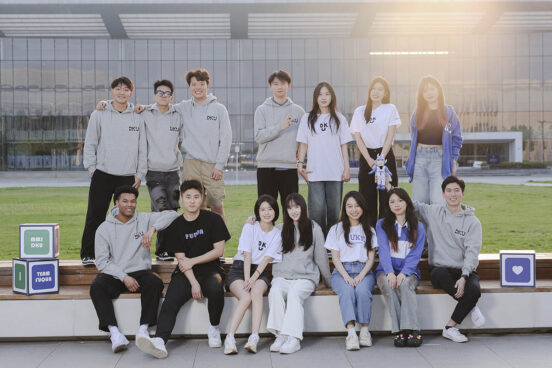Duke MMS Student Blog

MMS Employment Outcomes for the Class of 2018
We’ve recently gathered and analyzed the latest career outcomes of the Master of Management Studies: Foundations of Business Class of 2018. I’m delighted to share the results, which show that employers continue to value the business skills and capabilities that graduates bring to their companies

We’ve recently gathered and analyzed the latest career outcomes of the Master of Management Studies: Foundations of Business Class of 2018. I’m delighted to share the results, which show that employers continue to value the business skills and capabilities that graduates bring to their companies through their solid foundations in accounting, finance, economics, marketing, strategy, operations, management, and decision science. The Class of 2018 reported higher initial base salaries than previous classes and found job opportunities in a wide variety of functions and industries across the U.S. and abroad.
Below is a summary of the report highlighting the most commonly asked questions about MMS employment outcomes.
You can find the full employment report for the Class of 2018 here.
Who is hiring MMS: FOB graduates?
Companies that have experienced the value of having alumni from previous graduating classes as employees continue to return to Fuqua to hire year-after-year. These repeat employers include Accenture, Deloitte, General Motors, Jet.com, McKinsey, Merrill Lynch, Oracle, and PwC.
Nearly 70 employers hired at least one MMS: FOB graduate from the Class of 2018 for jobs within the U.S. and abroad including Accenture, Capital One, Deloitte, Ernst & Young, Goldman Sachs, McKinsey, Walmart, Jet.com, and Oracle.
Other companies that hired graduates from the Class of 2018 include Allscripts, BlackRock, Bridgewater, Brooklyn Nets, ExxonMobil, HSBC, Lincoln Financial, Morgan Stanley, Philips, Slack, Southern Glazer Wine & Spirits, Tyson, UBS, Virgin Pulse, and WeddingWire.
What are the starting salaries of graduates?
Approximately half of the Class of 2018 is earning $65,000 or more annually, up from $52,500 in 2017, with 25% earning $72,500 or more, up to the highest reported base salary at $100,000.
What industries and functions are the Class of 2018 alumni working in?
In 2018, 28% of graduates accepted jobs within the finance industry, up from 22% in 2017, while 18% accepted jobs within consulting, down from 27% a year ago. More students accepted jobs within the marketing industry, 18%, up from 7% last year. Jobs in the technology and health care industries trended at the same rate.
- 28% Finance
- 18% Consulting
- 18% Marketing
- 13% Technology
- 5% Health Care
- 18% Other Industries
When it comes to job function, more than half the graduates in the Class of 2018 accepted consulting (29%) or finance (28%) roles as compared to last year when 46% of graduates accepted roles in consulting and 26% in finance. More students accepted roles in general management and marketing functions (11% each), up from 2017 (8% each).
Where in the world are grads working?
While the Northeast has the greatest concentration of alumni from the Class of 2018 (33%, down from 44% in 2017), the South is not far behind with 27% of graduates accepting positions in this region, up from 16% last year. Along the West Coast, 10% of the Class of 2018 are working in the region, compared to 19% from the Class of 2017. International job offers continue to rise as there was a 4% increase in the number of graduates accepting job offers overseas as compared to 2017.
- 33% Northeast
- 27% South
- 10% West
- 7% Mid-Atlantic
- 5% Midwest
- 18% International
How and when are students finding jobs?
The percentage of 2018 graduates seeking employment and accepting positions within six months of graduation increased to 93% this year, up from 85% last year. Almost 70% of those accepting full-time job offers found their positions using their own customized job search strategies and skills developed through working with the Career Management Center (CMC).
The CMC works with each student to build a custom job search strategy and to develop skills that graduates can use throughout their careers. Through interview workshops, resume coaching sessions, mock interviews, and industry panels that build upon the core business communications courses, students are fully prepared to tackle the job search and interview process.
It is wonderful to see how our graduates apply the knowledge and skills gained at Fuqua to their job search and now in their full-time positions at their new jobs.



